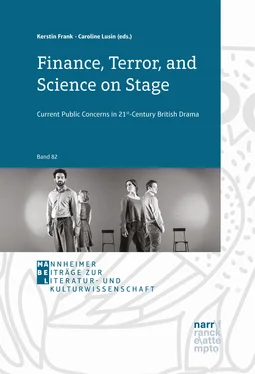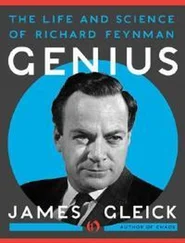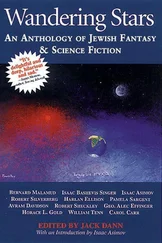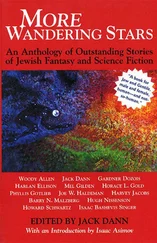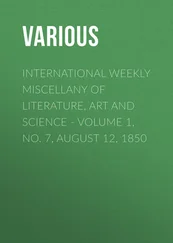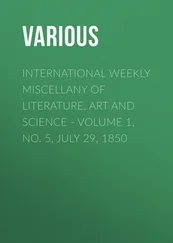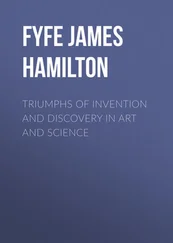Indeed, if one believes Holly’s report in act five, he ends up doing exactly the same thing again after his movement has collapsed: after checking all possible directions, John could have taken on that night and drawing a blank each time, the loyal follower is only left with “looking” and “wait[ing]” (131). However, Ruth’s position, too, is to some extent discredited in the end: she wins the struggle with John through the unfair gambit of releasing a video where Sarah links her murder of her daughter to John’s messages (124f., 128), so that he is no longer in a position to call for the planned general strike. It seems to fit in well with this course of action that in contrast to John’s idealism, Ruth’s concept of responsibility is closely connected with a pragmatic approach to politics. She stresses that “[t]o any difficult problem, there is never a right solution, there is only ever the best solution” (122, emphases in original), and openly rejects moral absolutes like good and evil: “You know what I believe [note the choice of this word] in John? The grey area. The bit between […] impure reality […].” (122, 124, emphasis in original)
Interestingly, the characters in the play who do endorse concepts like ‘good’ or ‘evil’ tend to be highly problematic. Most prominently, this discourse features with Sarah and her husband (Dennis, the US President’s envoy) when they talk about their daughter, who is herself preoccupied with the amount of “evil in the world” (47). While Sarah insists throughout that Ruby is “not good ” (70, emphasis in original, 104), Dennis sees her as “a good kid” (76) but does not realise how deep and absolute Sarah’s judgement is. When John – again bringing in his key theme – tells her that “[s]ometimes you have to do what you believe to be right” (62, my emphasis), she takes this as a confirmation of her murderous plan, as she considers him to be “good” (ibid.). Similarly, on a less dramatic scale, moral absolutes are put into question through their use by Ruth’s advisor Martin. He evaluates John in exactly the same terms as Sarah (103) but seems to have given up in the end: “I want a small life. Don’t think there’s anything much anyone can do, except get through it.” (131f.) Against the background of these plot strands, Ruth’s focus on ‘the grey area’ in-between the absolutes seems more sensible and almost sympathetic again. Nevertheless, one also needs to recall that in contrast to her constant insistence on rationality and realism, 13 – as an absurdist dystopia – achieves its most intense effects by exactly the opposite means.
In keeping with the prominence of ambiguity in this form (and in marked contrast to traditional British political drama), the play thus does not represent either John’s or Ruth’s position on political power as the right one. This observation is also supported by the ways in which 13 refers back to the developments in British political rhetoric explained above. Speeches are of great importance in this work – stressing that despite its scale, it cannot fully be subsumed under the category of ‘Monsterism’, which prominently demands a primacy of showing over telling (cf. Eldridge). Even more obviously than the final exchange between Ruth and John, the rhetoric used in their speeches to the public reproduces many of the keywords that have become so characteristic of British political discourse. Thus, Ruth’s speech in the first act (tellingly appearing in scene 13) includes recognisably Blairite terms like ‘modernise’, ‘work’, and ‘this country’. Moreover, she compares the new development of the Conservative party associated with her to Labour’s move away “from outdated socialism” (29), thus establishing a connection with Blair without naming him directly.1 Bartlett indeed also draws attention to the predominance of rhetoric in the contemporary world more generally, which may induce audiences to respond rather critically to Ruth in this respect: already in act one, Holly, who is looking for actual religious experiences, disrupts an Alpha course by objecting to the pat phrases used there (25), while Alice points out that her key qualification for becoming a lawyer’s assistant is that she is “good with words” (14).
However, it is typical of the play that the ironic criticism potentially implied here concerns John just as much as Ruth. While his first public appearances still seem relatively authentic (63), the well-known discursive web establishes itself securely once he has fully moved into the political sphere. In his speeches just before and at the meeting in Trafalgar Square,2 the keywords are even more densely interwoven than with Ruth, covering the whole spectrum established by Blair and often also introducing synonyms to emphasise the desired associations still further: ‘together’ (90), ‘today’ (90, 92), ‘future’ (92), ‘change’ (90, 92), ‘country’ (91, 92), ‘nation’ (91), and ‘strength’ (91). In addition, John also adopts rhetorical strategies that recall Blair’s specific mode of delivering speeches, for instance by emphasising the communicative situation through phrases like ‘I say to …’ (92, Blair). John also operates directly on the level of rhetoric when emphatically setting out to reclaim the term “ society ” (91, emphasis in original) from its denigration by Thatcherist discourse. Thus, from the perspective of being caught up in the contemporary rhetorical web (and potentially using it to veil real issues), too, the play refuses to take a decision between Ruth and John, leaving their diametrically opposed positions on political power standing for the spectators to make their own choices.
As has been shown, 13 follows the overall approach of absurdist dystopia by mixing constitutive characteristics of dystopia with those of the Theatre of the Absurd to push from the concrete issues and events troubling Britain at the beginning of the 2010s to the level of more fundamental questions about political power, its basis and the ways in which it may be used – exactly the topics typically negotiated in British political theatre from the 1950s to the 1990s. However, as has also been demonstrated, 13 is more oblique in evoking the characteristics of the two genres than the absurdist dystopias of the 2000s, and since it uses a much larger format at the same time, this has caused some misunderstandings on the part of the critics. This may also be connected with the fact that as far as the power issues themselves are concerned, the play intensifies ambiguity far beyond the situation in the absurdist dystopias of the 2000s. Whereas there the stronger dystopian elements meant that the ruling group was clearly recognisable as enforcing an unjust hierarchy and any opposition was pointedly left out as well, 13 is more open. Social inequality is clearly an important topic in the play through the recurrent links with the situation in the early 2010s (and John also likes to draw attention to it, 112), but its sources and its relationship with each of the two main positions and their respective proponents remain rather obscure.
Reviewers have consequently come up with highly conflicting readings of the play. In some cases, Bartlett is seen as exposing “the dangers of trusting messianic leaders” (Sierz; Bowman; Taylor), while other critics see the play as “passionately argu[ing] for some kind of spiritual revolution” (Billington, “Review”; Trueman). In interviews, the playwright himself deliberately seemed to keep to the middle ground between these two extremes, describing his motivation for the play as wondering about the feasibility of “someone mak[ing] a speech and chang[ing] the world”: “Could someone do that? Could we go with that, and really make it work?” (as quoted in McGinn) Some commentators have also pointed out the intense ambiguity of 13 (cf. Shuttleworth), but this has often been mistaken for a weakness, with Benedict for instance complaining about “Bartlett’s uncharacteristic lack of decision about his play’s sense of direction”.
Читать дальше
